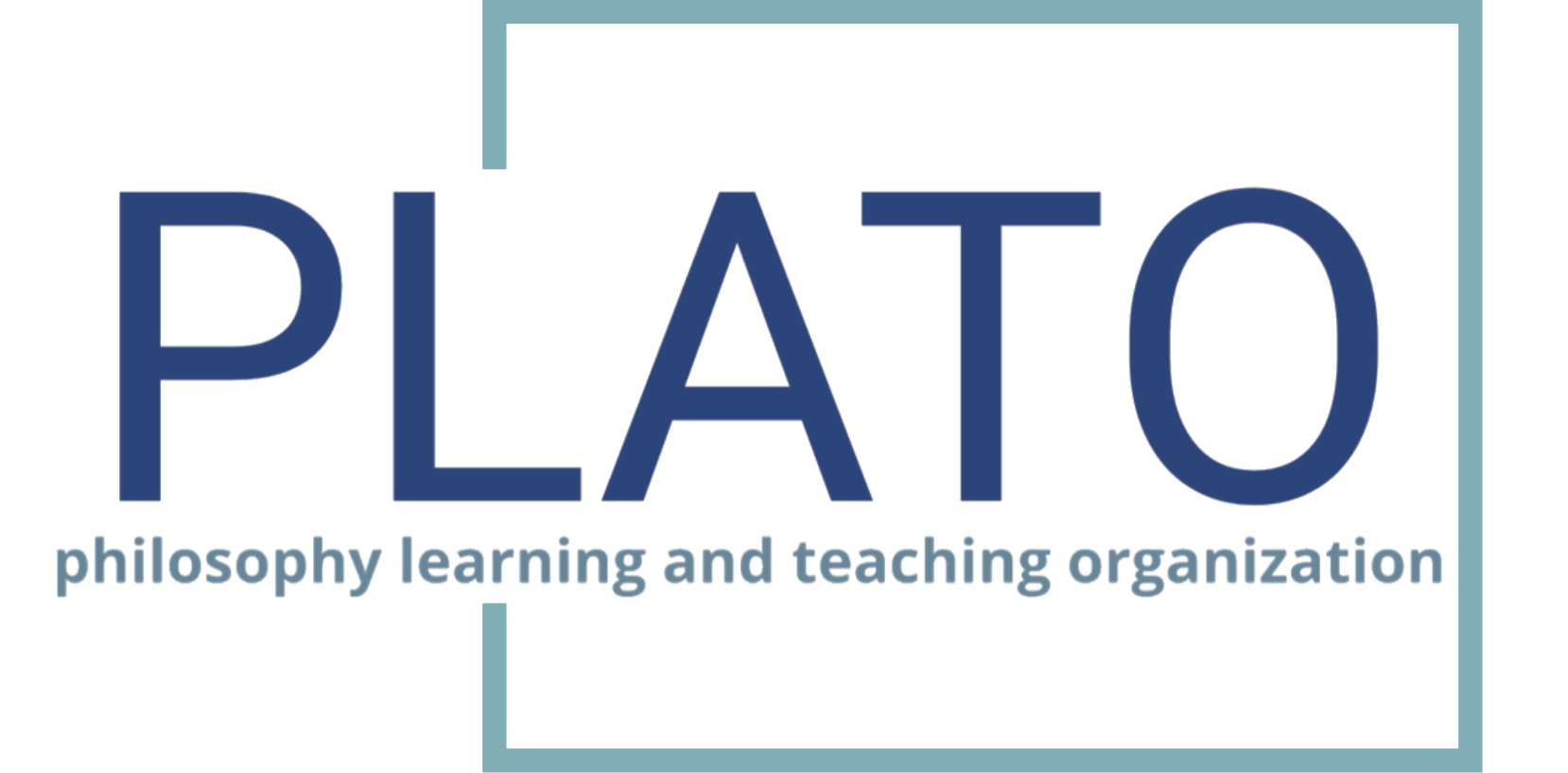The Ethics of the Creation of Dual-Species Chimeras
Lesson Plan
On November 6, 2015, NPR aired a story about the very controversial topic of stem cell research. This story can be used as the basis for a philosophical discussion of a variety of topics including what it is to be human and the ethics of medical research. Here is a link to the story:
This story focuses on the decision by the National Institutes of Health to halt the practice of placing human stem cells into the embryos of nonhuman animals for research purposes. This process creates “dual-species chimeras,” that is, biological entities that are hybrids of two different species. Their existence raises several philosophical and ethical questions that students will be interested in discussing. There is great scientific benefit in creating these chimeras, as scientists might be able to discover and better test new treatments for human diseases. However, the article also introduces several ethical considerations in pursuing this kind of research. From an English class to a Biology class, teachers might discuss the characteristics that distinguish human animals from nonhuman animals. And further, there are issues about whether these potential differences justify treating nonhuman animals differently with regard to the research scientists conduct? A Government class might discuss the role of government in creating policy to regulate these research practices and ponder what the proper limits of scientific research are? Using this current topic to frame the discussion can provide an example of the importance in asking the bigger, philosophical questions.
Discussion Questions
- Juan Carlos Izpisua Belmonte, a professor of gene expression at the Salk Institute for Biological Studies, said that, "We don't have enough organs for transplantation. Every 30 seconds of every day that passes, there is a person that dies that could be cured by using tissues or organs for transplantation." a. Can you formulate an argument in support of organ transplantation from non- humans? b. Using the story from NPR, what arguments can you think of against the practice? c. Which position to do you think is the stronger one and why?
- Françoise Baylis, a bioethicist at Dalhousie University in Nova Scotia, Canada, says the engineering of creatures that are partly human and partly nonhuman animal is objectionable because the existence of such beings "would introduce inexorable moral confusion in our existing relationships with nonhuman animals, and in our future relationships with part-human hybrids and chimeras." a. What is Baylis’ argument against the creation of dual-species chimera? b. Do you think that Baylis’ argument is conclusive? c. Can you think of other issues that might once have been thought to “introduce inexorable moral confusion” into our moral beliefs? Were such issues resolved?
- Hank Greely, a bioethicist at Stanford University, worries about the possibility that human cells could end up in the brains of animals and, “will somehow give the animal a human consciousness, human mental capabilities.” a. Can you formulate an argument against conducting this type of research using Greely’s remark? b. Can you think of other areas of research that might give non-human things consciousness? c. Do you agree with the notion that giving non-human things consciousness is a reason not to do it?
- Placing human stem cells in the embryos of other animals raises the possibility of two mice having a human offspring. a. Does this possibility mean that the practice should be prohibited? b. Should the government be in the business of deciding what avenues of scientific research should be pursued and what not? Why or why not? If so, who should be involved in those decisions?
Resources
This work is licensed under CC BY-NC-ND 4.0
If you would like to change or adapt any of PLATO's work for public use, please feel free to contact us for permission at info@plato-philosophy.org.




Connect With Us!